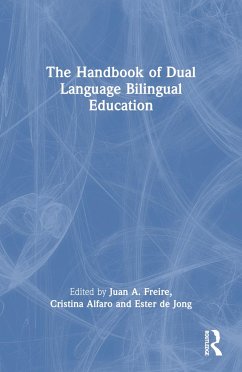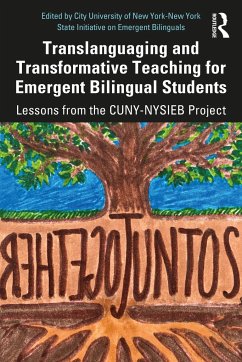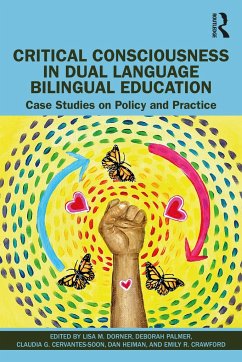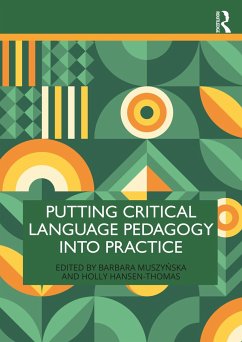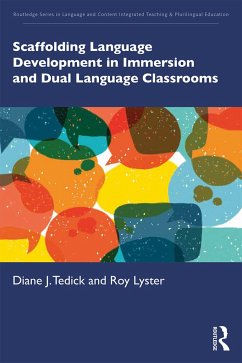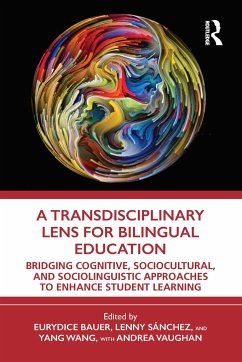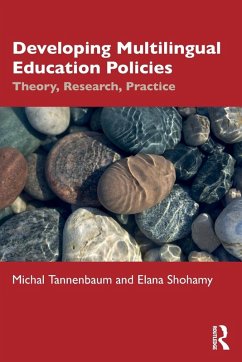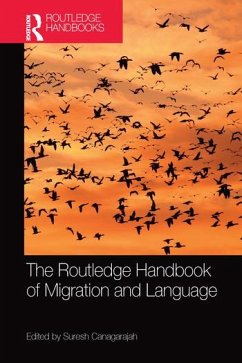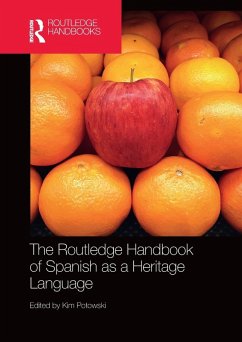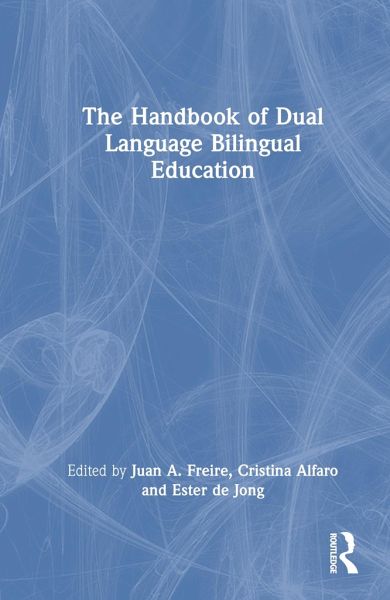
The Handbook of Dual Language Bilingual Education
Versandkostenfrei!
Versandfertig in 6-10 Tagen
246,99 €
inkl. MwSt.
Weitere Ausgaben:

PAYBACK Punkte
123 °P sammeln!
This handbook presents a state-of-the-art overview of dual language bilingual education (DLBE) research, programs, pedagogy, and practice. Organized around four sections-theoretical foundations; key issues and trends; school-based practices; and teacher and administrator preparation-the volume comprehensively addresses major and emerging topics in the field. With contributions from expert scholars, the handbook highlights programs that honor the assets of language-minoritized and marginalized students and provides empirically grounded guidance for asset-based instruction. Chapters cover histor...
This handbook presents a state-of-the-art overview of dual language bilingual education (DLBE) research, programs, pedagogy, and practice. Organized around four sections-theoretical foundations; key issues and trends; school-based practices; and teacher and administrator preparation-the volume comprehensively addresses major and emerging topics in the field. With contributions from expert scholars, the handbook highlights programs that honor the assets of language-minoritized and marginalized students and provides empirically grounded guidance for asset-based instruction. Chapters cover historical and policy considerations, leadership, family relations, professional development, community partnerships, race, class, gender, and more. Synthesizing major issues, discussing central themes and advancing policy and practice, this handbook is a seminal volume and definitive reference text in bilingual/second language education.




